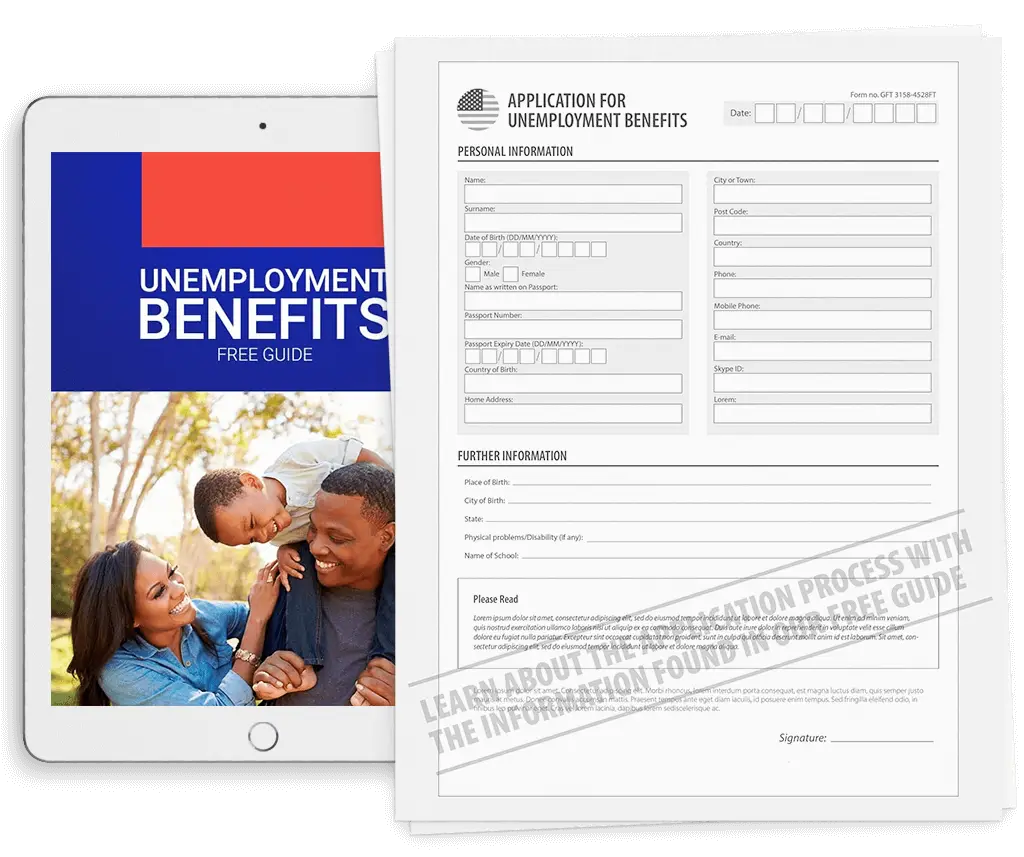The first step to applying for unemployment benefits in the U.S. is to meet the requirements. These benefits replace the paycheck you got from your job while you are unemployed and they are funded by the taxes your previous employer paid.
However, if you lost your job because of bad performance or wrongdoing, then you will probably not qualify for unemployment benefits. EDD (Employment Development Department) benefits are only paid to workers who lost their job for objective business reasons.
The amount of money you get is not set according to your financial needs, and benefits are only available for a limited amount of time.
Find Out Who Can Get Unemployment Benefits
To see if you may meet the requirements for unemployment insurance, you need to understand which groups are eligible to apply. Generally, this includes all workers who lost their job through no fault of their own. Even then, they will also need to meet additional program requirements set by the state they worked in.
There is a difference between being fired and getting laid off. If you were let go and your position was left vacant, you are considered laid off. If you were let go and you are replaced, you will be treated as fired.
Workers are laid off because of these type of situations:
- When the employer does not have a steady stream of work to offer you
- When the company goes out of business or if your position is eliminated
- When your assignment has ended
Fired employees through no fault of their own can still be eligible for EDD benefits, so long as they were not fired because of misconduct.
Also, you will also be considered for unemployment benefits if you were discharged from the military under specific circumstances or were on a leave of absence. Generally, workers who take part in a labor dispute or a strike are not considered for unemployment benefits.
The U.S. Department of Labor has set broad guidelines on unemployment benefits, but each state agency has to lay specific eligibility requirements for applicants to meet. All states will also decide which methods they follow to set unemployment benefit amounts.
Learn About Requirements for Unemployment Benefits
In terms of how to qualify for unemployment benefits, you will have to meet all of your state’s unemployment insurance eligibility requirements. To prove you are eligible for EDD benefits, you need to comply with the following:
- Have enough earnings in your base period.
- Be authorized to work in the United States (especially if you are not a U.S. citizen).
- Your unemployment or significant reduction in work hours must have happened through no fault of your own.
- Be actively and daily looking for a job and not turn down work.
- If you are offered a position that fits your qualifications and work experience you have to take it right away.
- Not be convicted or incarcerated (if you are, you will not be eligible for unemployment insurance and you will not get any benefits).
- Meet certain weekly requirements like being mentally and physically able to work during the weeks you are looking for a job in.
Any trips you take while you are unemployed will not be covered by unemployment insurance, unless the trip was taken to try and find work. If you have not worked in your state for a certain period of time, you will not get unemployment benefits.
The only exceptions would be if you are a member of the military on active duty or if you are a federal government employee. All states have different laws and regulations, and eligibility requirements to qualify for unemployment.
Note: Your unemployment benefits will be estimated based on the amount of gross wages that you received during your most recent working period, also known as the base period. Depending on the state, the base period can be 12 months, 52 weeks, etc. Overtime, bonuses, vacation pay, commissions and severance pay will also be included when calculating your gross wages..
